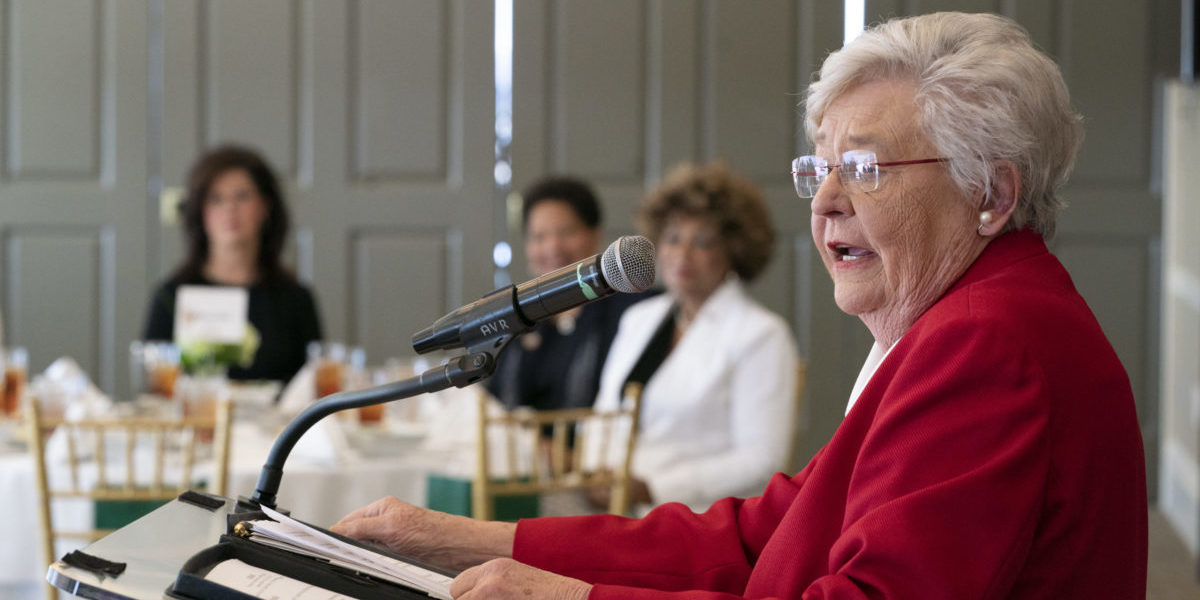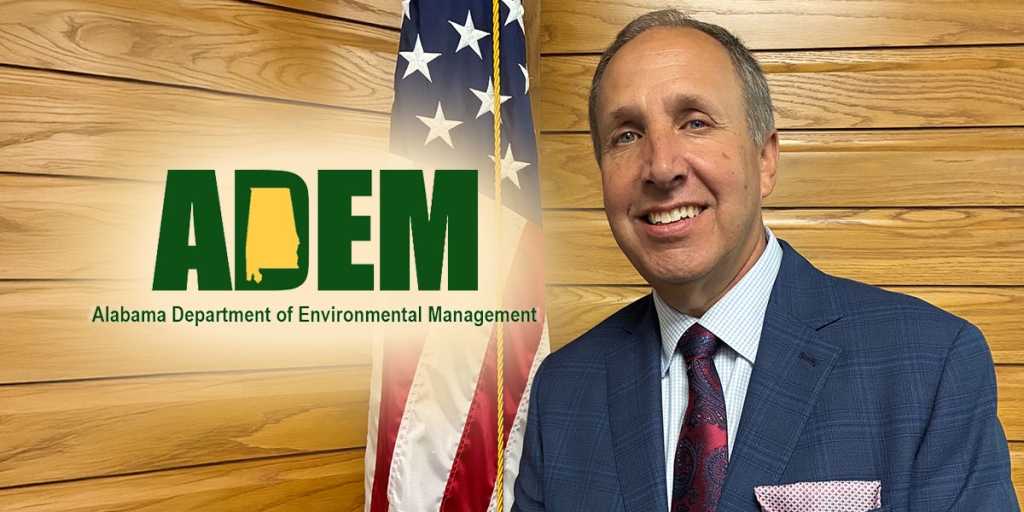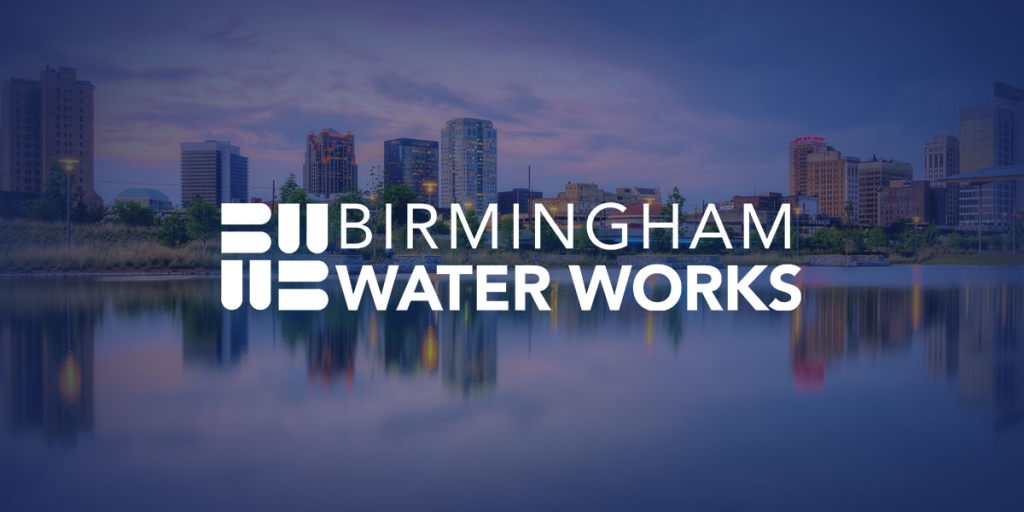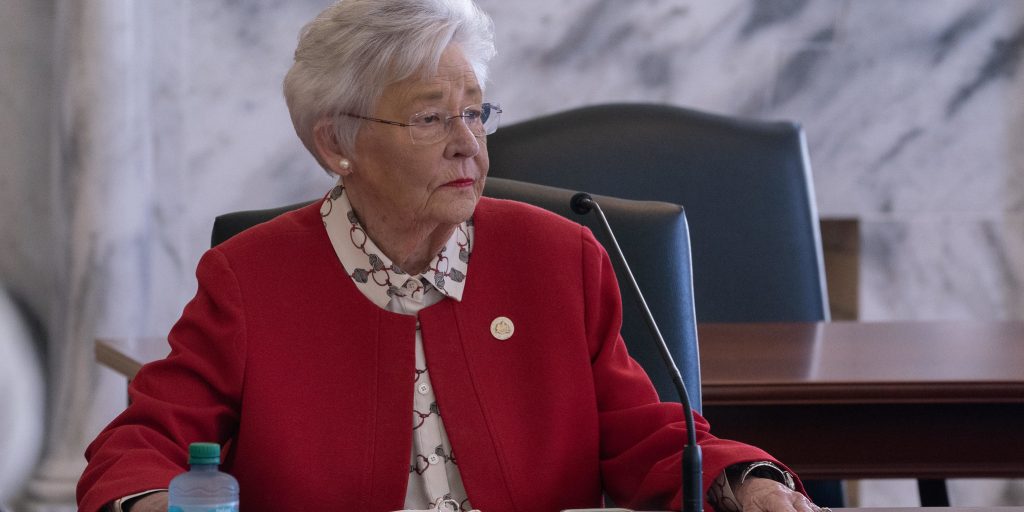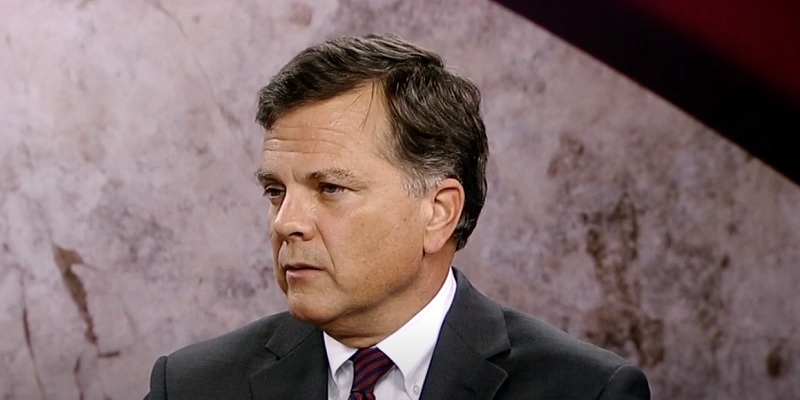Friday, Gov. Kay Ivey announced that $225 million in COVID-19 pandemic relief funds had been provided for statewide water and sewer infrastructure improvements.
The agreement signed between the Alabama Department of Environmental Management (ADEM) and the Alabama Department of Finance states that ADEM will distribute grants to “qualifying public water and sewer systems for the purpose of improving access to clean water and sewer infrastructure projects and the economic impact thereof.”
According to the governor’s office, ADEM will implement the “Water and Sewer Infrastructure COVID-19 Recovery Fund Program” using criteria that weighs the water and sewer systems’ infrastructure needs and their financial needs.
The money is part of Alabama’s portion of the American Rescue Plan Act (ARPA) funds that Congress approved in 2021 for COVID-19 pandemic relief. During a special legislative session in January, the Alabama Legislature appropriated $225 million for high-needs water and sewer projects.
In a statement, Ivey spoke to the economic benefits the investments could have on the communities in which the water and sewer projects take place.
“Every Alabamian should have access to clean drinking water and safe, sanitary disposal of wastewater,” proclaimed Ivey. “We are extremely pleased that through this program we are able to make that a reality for many of our citizens who have lacked such basic services. Not only will these projects improve access to clean drinking water and sanitary sewers, they will also generate economic activity and create jobs by pumping millions of dollars into communities, many of which are rural and far from large industries and big employers. This is truly a win-win for the people of Alabama.”
The following is a breakdown of how the $225 million in grants will be utilized:
- $120 million for grants to public water or sewer systems with previously identified emergency or high-need projects and do not require a local match
- $100 million for grants to public water and sewer systems that may require local matching funds based on their ability to pay
- $5 million for grants to demonstration projects in the Black Belt to address sewage disposal problems prevalent in rural, low-population-density areas where poor soil conditions prevent wastewater from septic systems from being absorbed into the ground
Earlier this week, ADEM announced that 398 of the state’s 1,061 public water and sewer systems have already applied for grants under the COVID-19 Recovery Fund Program.
ADEM director Lance LeFleur advised that the high number of grant applications speaks to the outstanding water and sewer infrastructure needs.
“This is an indication of the tremendous needs that exist among water and sewer systems,” said LeFleur. “It is also indicative of the vast water and sewer infrastructure needs across the country due to aging systems, increased demand because of population growth and the need to provide services to people who are currently unserved or underserved. Many of these systems haven’t upgraded their infrastructure in 40 to 50 years.”
Dylan Smith is a staff writer for Yellowhammer News. You can follow him on Twitter @DylanSmithAL




